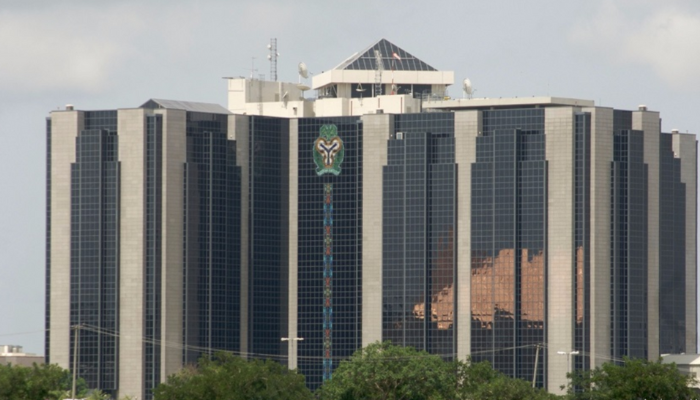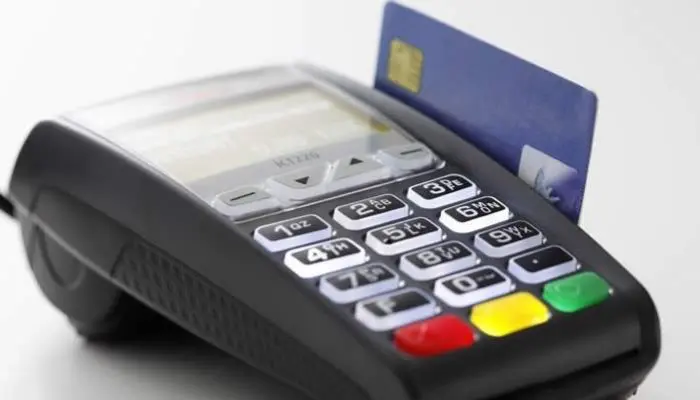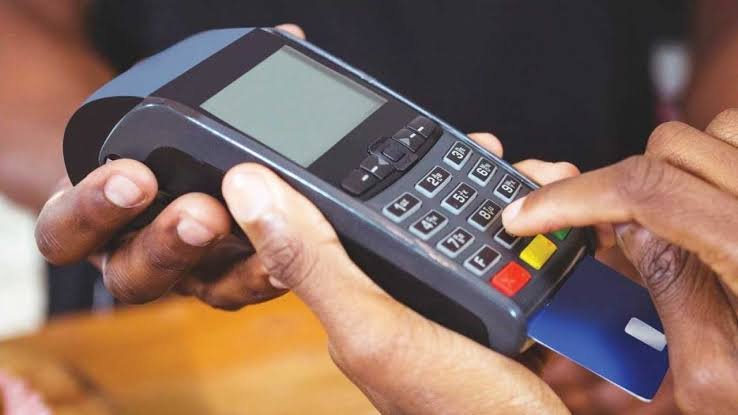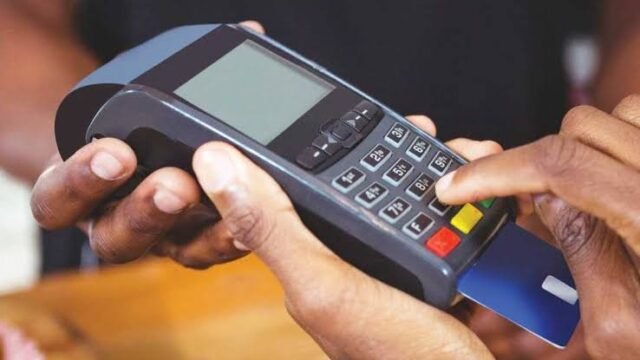On 25 August 2025, the Central Bank of Nigeria (CBN) unfurled a transformative directive that reshapes the landscape of digital payments across the nation. In a circular addressed to every licensed player in the payments ecosystem—from Deposit Money Banks and Microfinance Banks to mobile money operators and fintech super agents—the apex bank mandated two profound reforms: the universal adoption of the ISO 20022 messaging standard and the geo-tagging of all Point-of-Sale (POS) terminals.
These sweeping measures demand that all payment messages, whether domestic or international, align with ISO 20022 and include accurate identifiers—from payers and payees to merchants, agents, and transaction metadata. Full compliance is expected by 31 October 2025.
Table of Contents

Why the Emphasis on ISO 20022 by CBN? A Leap toward Modernisation and Integrity
ISO 20022 represents the future of payment messaging—offering clarity, structure, and depth. Unlike legacy systems, this standard enables richer transaction data, assisting in fraud detection, smoother cross-border transfers, and enhanced regulatory oversight.
By mandating ISO 20022, the CBN aligns Nigeria with global financial best practices. This will improve transaction integrity, reduce errors, enhance transparency, and foster confidence in digital financial services—especially critical at a time when cash scarcity and fintech proliferation are reshaping how Nigerians transact.
CBN’s Geo-Tagging: Ensuring POS Machines Stay Grounded and Traceable
The second prong of the directive brings a very Nigerian kind of common sense: geo-tag every POS terminal, and ensure it’s only used within a 10-metre radius of its registered merchant location. This initiative—driven by the need to curb abstraction, cloned terminals, and ghost agents—is not just about modernisation but about trust and security in everyday payments.
Key technical specifications include:
- Built-in double-frequency GPS to provide reliable location data.
- Devices must be registered with a Payment Terminal Service Aggregator (PTSA), capturing the accurate latitude and longitude of the merchant’s business.
- All POS terminals must operate on Android OS v10 or higher, enabling compatibility with the National Central Switch’s geolocation and geofencing SDK.
- Each transaction must include geo-location data as a mandatory field in the message payload.
Devices operating beyond their registered geofence or lacking geo-tagging will be barred from transactions. Enforcement begins with compliance checks starting 20 October 2025, and all existing devices are expected to be geo-tagged within 60 days of the circular—i.e., by 24 October—while new devices must be tagged before certification and activation.

Opportunities and Frictions: What the CBN Directive Means for Stakeholders
The directive carries profound implications for everyone in the payments value chain:
- Fintech operators and banks now face significant operational and investment pressures—upgrading terminal inventories, embedding geofencing SDKs, and ensuring ISO compliance—all within a tight time frame.
- Roaming and mobile POS agents, who rely on flexibility and mobility, see their business models fundamentally challenged. Limiting transactions to fixed locations could displace those serving remote or underserved markets.
- Estimates point to 4.2 to 6 million active POS terminals in Nigeria, yet 8.5 million registered—IHS figures suggest that around 77,000 terminals must be geo-tagged daily to meet the deadline. This raises questions about logistics, manpower, and infrastructure, especially as older legacy devices may lack GPS capability.
- Customers and regulators stand to gain. The reforms bolster confidence in POS transactions, reduce fraud, and improve real-time tracking, potentially reinforcing financial inclusion agendas and digital trust.
There’s a legitimate concern about repeating past policy missteps, such as the chaotic 2022 naira redesign, where rushed implementation led to nationwide cash shortages. Many industry commentators worry that without clear rollout support—training personnel, easing cost burdens, and building infrastructure—the sector could face serious disruptions.
What Lies Ahead: A Strategic Reset for Nigeria’s Payments Framework
The CBN’s dual-track approach—ISO 20022 plus geo-tagging—is not just a regulatory tick box; it’s a statement of intent. Nigeria is clearly charting a path toward a modern, secure, and globally aligned digital payments infrastructure.
The 20 October 2025 compliance validation start date looms large, followed by the 31 October final compliance deadline. What matters now is execution. Effective public-private collaboration could turn what seems a daunting mandate into an opportunity—a chance to future-proof Nigeria’s fintech architecture.

Key Takeaways
| Aspect | Details |
|---|---|
| Directive Issued | 25 August 2025 circular by CBN |
| Key Requirements | ISO 20022 messaging; mandatory geo-tagging of POS terminals |
| Technical Specifications | Android OS 10+, double-frequency GPS, PTSA registration, SDK integration |
| Enforcement Timeline | Geo-tagging within 60 days; compliance checks from 20 Oct; full compliance by 31 Oct 2025 |
| Sector Impact | Fintech/banks face costs and logistics; roaming agents disadvantaged; regulators and users gain transparency and security |
| Risks | Implementation delays, legacy device upgrades, infrastructure strain, policy missteps |
Join Our Social Media Channels:
WhatsApp: NaijaEyes
Facebook: NaijaEyes
Twitter: NaijaEyes
Instagram: NaijaEyes
TikTok: NaijaEyes





